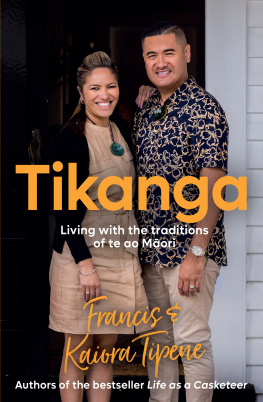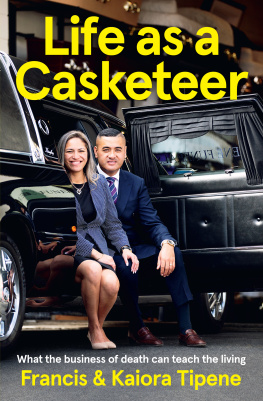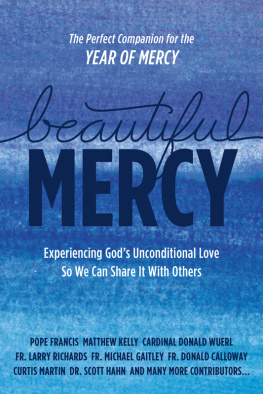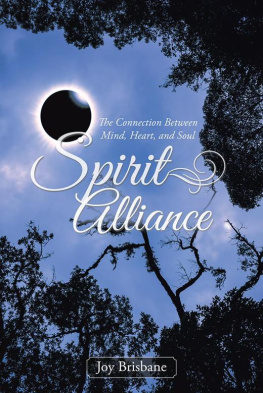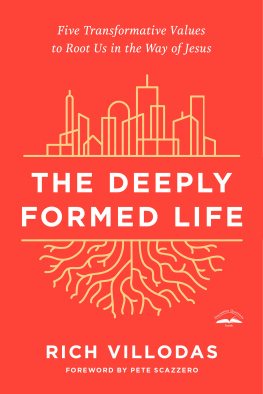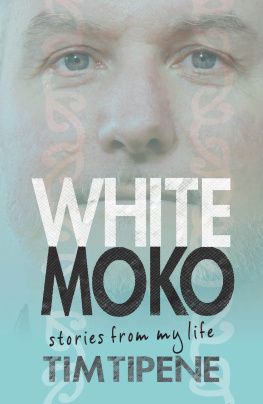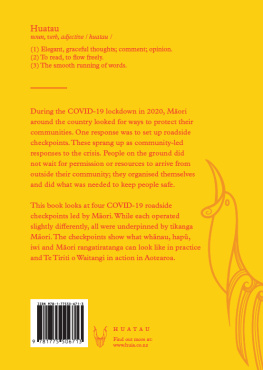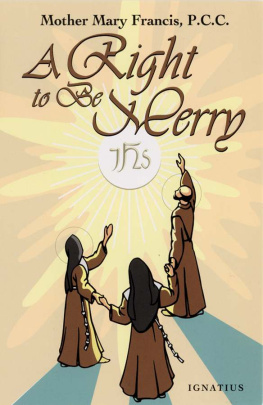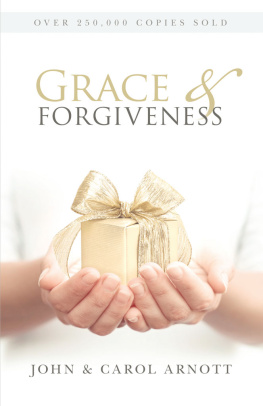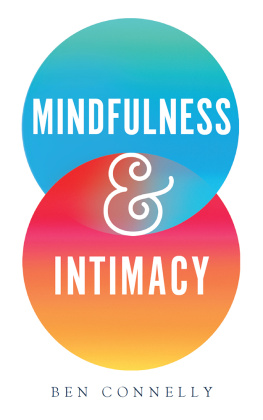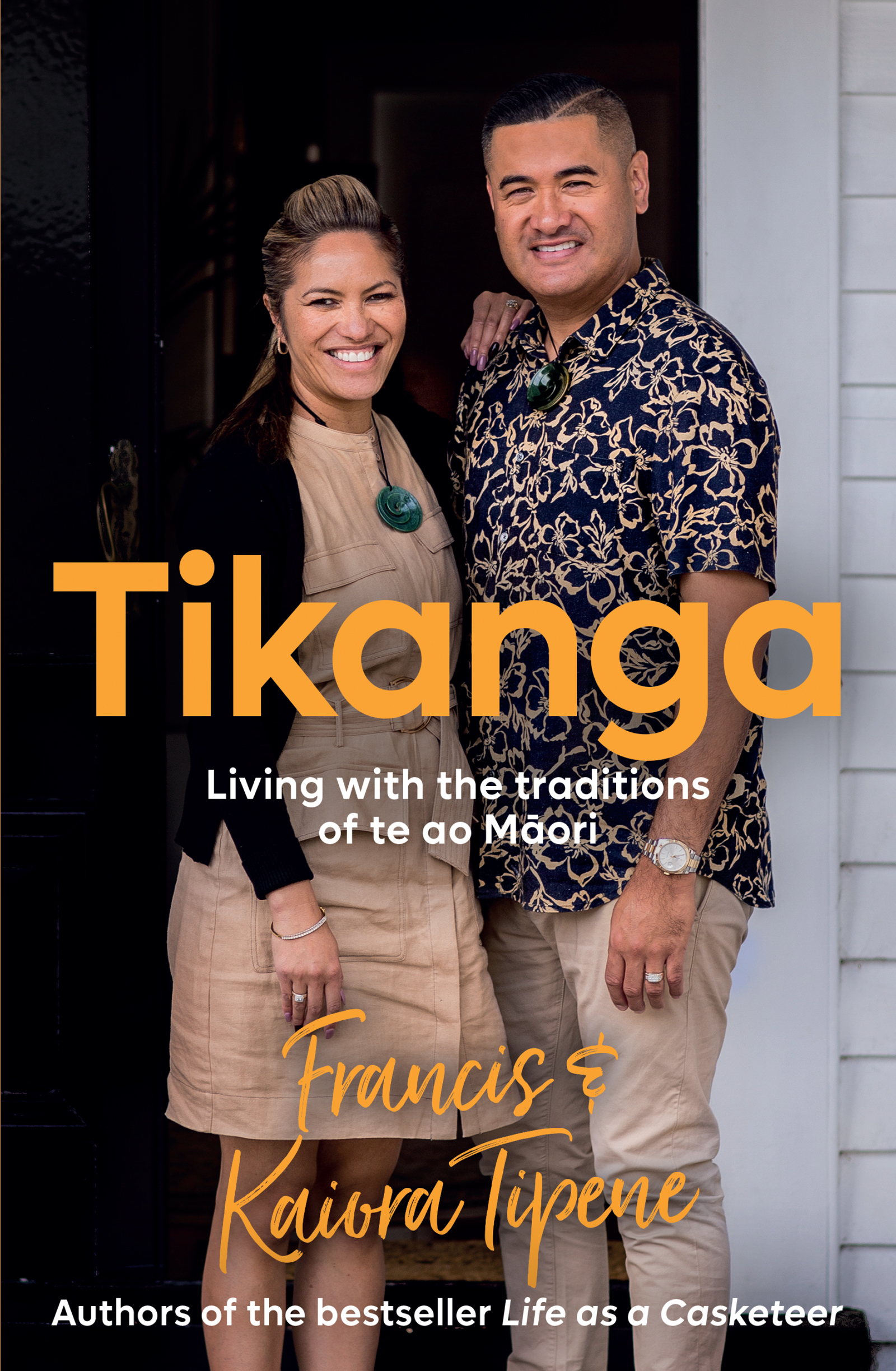CONTENTS
Guide
CONTENTS
FRANCIS
Ko Makora te maunga
Ko Rotokkahi te awa
Ko Whangap te moana
Ko Taiao te marae
Ko Ngtokimatawhaorua te waka
KAIORA
Ko Te Rangi Aniwaniwa me Puwheke ng maunga
Ko Rangaunu te moana
Ko Waimanoni te marae
Ko Mmari te waka
Not long after our TV series The Casketeers first aired in New Zealand, strangers started turning up at our funeral home.
The first people just wanted to look at the place they had seen on TV. Some were surprised to find it was a real funeral home and not a TV studio set. They would bring out their cameras and take a selfie and head off again.
But after a while, they started turning up with questions as well as cameras. One of the things our show does is demonstrate tikanga Mori the Mori ways of doing things. Somehow, we had ended up being seen as experts on tikanga.
These visitors wanted information, like how to do things correctly according to Mori protocol, or what would be the right phrase to use on a special occasion, or just how to spell a word and whether whnau had a macron on it. We thought that was really beautiful.
We realised there are many people Pkeh and Mori who know a little bit about tikanga Mori and would like to know a lot more.
And that is why we have made this book to describe how tikanga works in our lives and how other people can make it part of their lives if they want to.
* * *
This is not an encyclopaedia of Mori culture. Its not a book of Mori rituals. Its not a phrasebook that you can use to learn some te reo Mori. There are lots of places where you can look up the definition of whnau, hap or iwi. In this book, we are talking about what those things mean to us.
It is about how these concepts affect us from day to day and how we learnt about them growing up. It wont tell you what you would learn if you were studying them at university, but it will give you an idea of what it is like to have these things be a part of how you think. Many of the examples we use are filtered through the processes surrounding death, since that is our profession and something we deal with every day.
We are not experts in tikanga. We are two people of Mori (and Tongan and Scottish and Scandinavian and other) heritage who were lucky enough to be raised in Mori traditions. Any knowledge we have reflects what we learnt and were exposed to when we were growing up. In most cases, we are still learning.
The views of the topics we talk about here are entirely our own an explanation of how they fit in our lives. Many of them will be different for other people and other iwi. There are many wiser kaumtua and kuia than us who could give you more thorough versions of these topics.
So, this book is not meant to be the last word on anything. It is meant to be a starting point for all those whose interest in te reo Mori and tikanga has been inspired by what they have seen and read about our work and our lives. Our greatest wish is that it will encourage people to learn more about and share in our culture.
We identify as Mori. It is our identity.
It tells us where we fit in a world of billions of people.
FRANCIS
For my wife, Kaiora, and myself, our culture is quite simply who we are. We identify as Mori. It is our identity. It tells us where we fit in a world of billions of people. We have shared it for four years now on TV.
In that time, there have been lots of misunderstandings. I have heard people refer to us as the Polynesian funeral directors or the brown ones. Fine. We are associated with Polynesia and we are located in the Pacific, but whatever people call it, what they are seeing on our show is our Mori culture and identity.
KAIORA
I believe that being Mori comes down to a sense of belonging and connection. I was lucky growing up. My parents knew so much tikanga, which they instilled in us as children. I take what I can from that and apply it where I can in our mahi every day.
Ive met quite a few urban Mori who have lived all their lives in cities and among Pkeh, and who feel they arent entitled to belong to their culture. They are suffering because they were not raised with tikanga values. There is still something missing and they really feel that.
These conversations have always been at a funeral. People feel they can connect to their whnau more through death and tangihanga. And they often say, I hope we dont just connect back at funerals.
The growth of urban marae has helped fill this gap, giving Mori in cities a place where they can experience their culture. I have a lot of friends who have graduated or gone through Hoani Waititi Marae in Auckland. Even though they were brought up in Auckland, they are really knowledgeable in terms of their tikanga and have developed a sense of belonging and identity. They have been encouraged to go back to their trangawaewae to their home marae, wherever that might be and reconnect.
A generation has come through this process, many people who are now employed as tikanga advisers at places like Mori Television. Our kaumtua and kuia who are slowly coming to the end of their times have taught these young people and we are learning from this new generation ourselves. Francis and I rely on this younger generation to assist us.
FRANCIS
Some people have been worried that the old traditions are being lost. Its good that they are worried. That means they will do something about it.
A couple of generations ago, the old people were extremely worried. Now they are probably feeling a bit more confident. Back then, they didnt have all New Zealand watching a show like The Casketeers on TV at 7 p.m. They would have thought that idea was incredible.
Now the culture is being shared more widely.
It is funny that it has taken so long to come up with something that brings Mori values and regular day-to-day tikanga to everyone in the country. Not everyone can go on a marae and learn there. Not everyone grows up around Mori people and gets that exposure. Our show gets across the same message. It shows how things could be.
Every time we do a new show, I ask myself three things: Are we being respectful? Are we using te reo Mori eloquently and subtly? Are we teaching? I hope people are learning something from our show.
It is also strange that it has taken a programme about death to make this entertaining for people. But it was the right platform. People watch and get sad, then during the sadness they learn about the marae, hongi, tangi, waiata, kawa, tikanga and other aspects of the culture.
It has also been great for people overseas I sometimes wonder if too great, when they have shown up at the door wanting to take their selfies. That has been one good thing about Covid no random international visitors at the door. We have had to explain that this is a real funeral home. They thought it was a set. Sometimes, if we had time, I took them through to the chapel or showed them the caskets.
I like to make sure we are inclusive on the show. That is why when we do things I try to explain why we do them and why we dont do other things. The rules and regulations and protocols make up our identity and uniqueness. Everything has a whakapapa and a meaning.
The culture is also changing. And it is not just young people making this happen. The old people know it has to change if it is going to survive. They keep the balance. They know so much about the old ways and their meaning they will tell us what is important and they know where we can make changes to fit in with the modern world.

